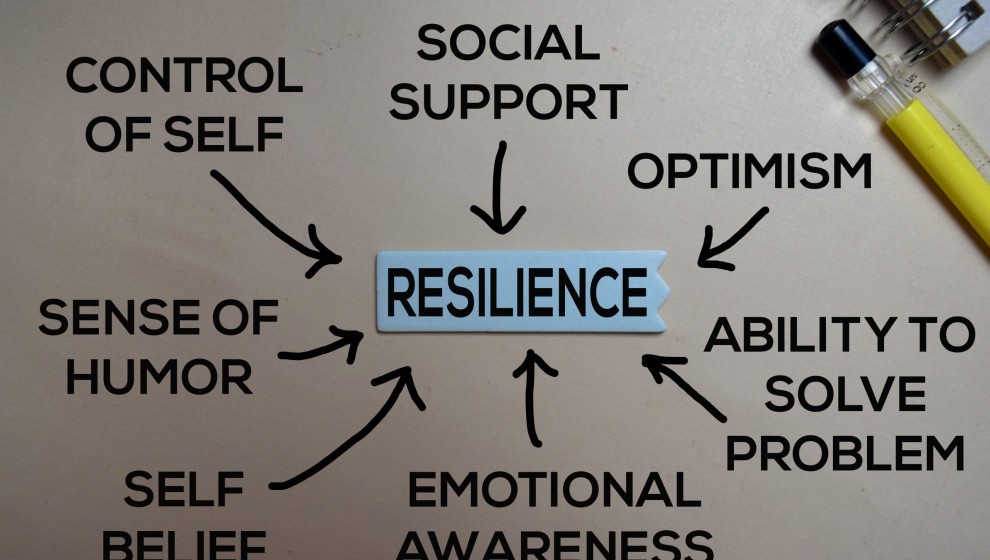
During a career spanning nearly 50 years, I have found myself at times in challenging and difficult situations, including a terrorist attack in the Middle East, going on strike to protect a business contract and being under ‘house arrest’, just to name a few! Resilience is a skill that can be learnt and then developed.
It’s also an attractive skill for employers to see and for employees to have. It means having the ability to overcome barriers and adapt to change or problems in the workplace (or in personal life too) as they arise.
When I started my career, employees could often expect to stay in the same job and industry until retirement. With no designated plan to my career, I have changed jobs nearly every 18 months since the early 1970s.
This constant change necessitated different skills I needed to quickly learn. New industries, new cultures, different colleagues and new rules and regulations were relearnt over and over again. I now realise during these constant transitions, I was becoming increasingly resilient. Some of the skills I needed, and acquired along the way were to:
None of these skills have made me superhuman .... it just demonstrates that resilience can be learnt and built upon. The resilience workshop I deliver for Boost has come about as a result of looking back at the these many challenging situations I have experienced.
Looking back at how I had to cope and was then able bounce back. I know that by sharing these experiences, other people can learn to cope during testing times and be resilient too.
There are many different views on the most important characteristics of resilience. You may have heard of the five pillars to define a resilient person being measured by their energy, future focus, inner drive, flexible thinking and strong relationships. I like to concentrate on the Kate Berardo ‘Model of the 5Rs’. Her model highlights the fundamental significance of:
This 5R’s framework offers both practical insight into ourselves during transition and a platform for developing resilience as a key enabler of our capacity to not just survive during change but to actually transition and then thrive.
In my resilient workshops we also look at resilient domains, these help to determine people’s strengths and weaknesses and are grouped into sub-categories that include:
It is also important to look at ‘Growth Mindset’ to help you become more resilient. People who believe their talents can be developed (say through working hard, having good strategies and receiving input from others) are considered to have a growth mindset.
These people with a growth mindset tend to find it easier to achieve more than those with a more fixed mindset (those who believe their talents are innate gifts). Resilient people tend to have learnt behaviours, attitudes and work patterns.
You can make a start on your journey to resilience by attending Hywel’s Resilient Online Workshop which is sponsored by Boost. His workshop will help you gain the information and support you will need in your quest to see through this current difficult time.
The next workshop will be held on 18 November, 2020.  Hywel Griffiths is managing director of APD Resolutions Ltd and works as a business consultant and personal development and business coach. He also delivers online workshops for Boost.
Hywel Griffiths is managing director of APD Resolutions Ltd and works as a business consultant and personal development and business coach. He also delivers online workshops for Boost.




The website uses cookies.
Some are used for statistical purposes and others are set up by third party services. By clicking 'Accept all & close', you accept the use of cookies. For more information on how we use and manage cookies, please read our Cookie Policy.